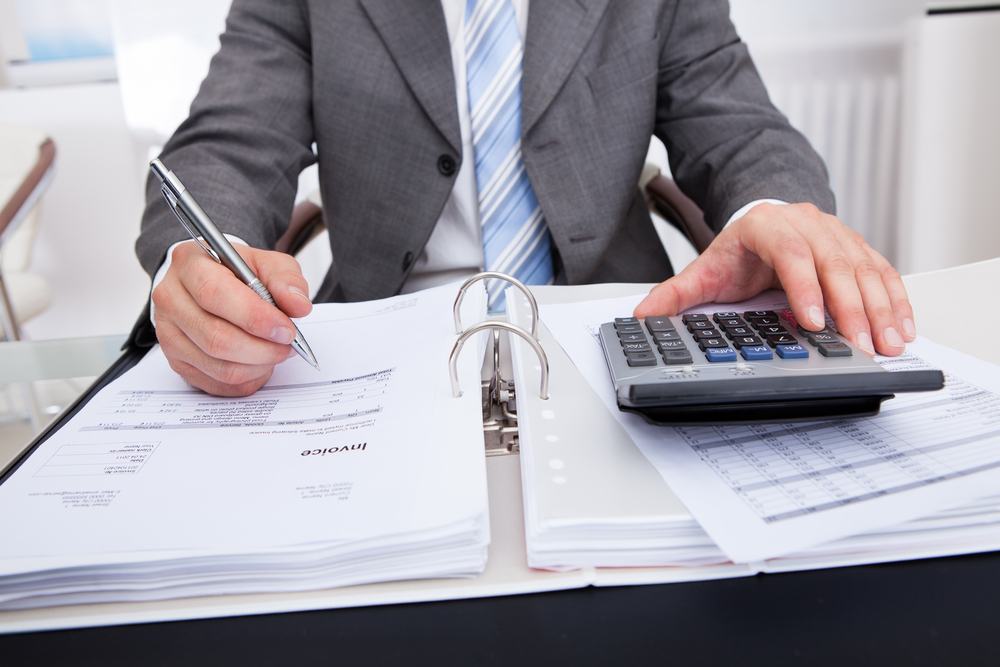Breaking
House OKs tax reform package on final reading
MANILA—With President Rodrigo Duterte’s certification of urgency, the House of Representatives approved on second and third reading the administration’s first tax reform package on Wednesday.
With 246 votes in the affirmative, 9 negative and one abstention, the lower chamber approved House Bill 5636, otherwise known as the Tax Reform for Acceleration and Inclusion (TRAIN).
With the President’s certification, the House can vote on third reading immediately after the second reading.
The TRAIN bill seeks to lower personal income tax (PIT) rates while broadening the tax base through reforms in consumption taxes such as the Value Added Tax (VAT) and the excise taxes on automobiles and fuel.
Amendments
One relevant change in the amended version of the bill is the retention of VAT exemptions for cooperatives, particularly on sales by agricultural cooperatives, sales by non-agricultural, non-electric and non-credit cooperatives, and gross receipts from lending activities by credit or multi-purpose cooperatives.
Furthermore, the removal of VAT exemption for socialized housing will be conditioned upon the establishment of a hosing voucher system which shall benefit buyers of socialized housing.
There is also an increase in the tax exemption for the 13th month pay and other benefits from PHP82,000 to PHP100,000.
The 8 percent tax on the self-employed and professionals will now only be imposed on gross receipts in excess of PHP250,000.
Meanwhile, the allocation of 40 percent of the yearly incremental revenues generated from the excise tax on petroleum products for the purpose of a social benefits program will now be for four years from the intended three years.
Tax Package
HB 5636 aims to enhance the progressivity of the tax structure through rationalization of the internal revenue system.
Under the bill, workers earning no more than PHP250,000 annually will be exempted from paying personal income taxes.
To compensate for the revenue losses from the lowering of the PIT rates, some of the offsetting measures include increasing excise tax rates on all petroleum products and automobiles; expanding the value added tax (VAT) base; introducing excise tax on sugar-sweetened beverages; and improving tax administration measures.
The revenues shall also be allocated for infrastructure, health, education and social protection expenditures.
The bill seeks to impose the following excise tax rates on diesel fuel oil, liquefied petroleum gas, and bunker fuel oil: PHP3 per liter in 2018; PHP5 in 2019, and PHP6 in 2020.
The bill would also increase the existing excise taxes on lubricating oils and greases, waxes, denatured alcohol for motive power, leaded premium gasoline, unleaded premium gasoline, and aviation turbo jet fuel to PHP7 per liter in 2018, PHP9 in 2019, and PHP10 in 2020.
As for the excise tax on automobiles, the measure proposes a staggered implementation of increased levies in two schedules in 2018 and 2019.
The excise tax for cars will be raised to 3 percent by 2018 and further increased to 4 percent by 2019 if the net manufacturer’s price/importer’s selling price is up to PHP600,000 for the lower bracket.
For the higher bracket with a price of over PHP3.1 million, the tax rate by 2018 will be PHP1.468 million plus 90 percent of the value in excess of PHP3.1 million. For 2019, if the price is over PHP3.1 million, the tax rate will be PHP1.824 million plus 120 percent of the value in excess of PHP3.
1 million.
Meanwhile, sugar-sweetened beverages shall be slapped with PHP10-per liter excise tax by 2018.
The bill will also lift the VAT exemption on lease of residential units with monthly rental not exceeding PHP10,000.
A final tax rate of 20 percent will be imposed on all Philippine Charity Sweepstakes Office (PCSO) and lottery winnings.






















